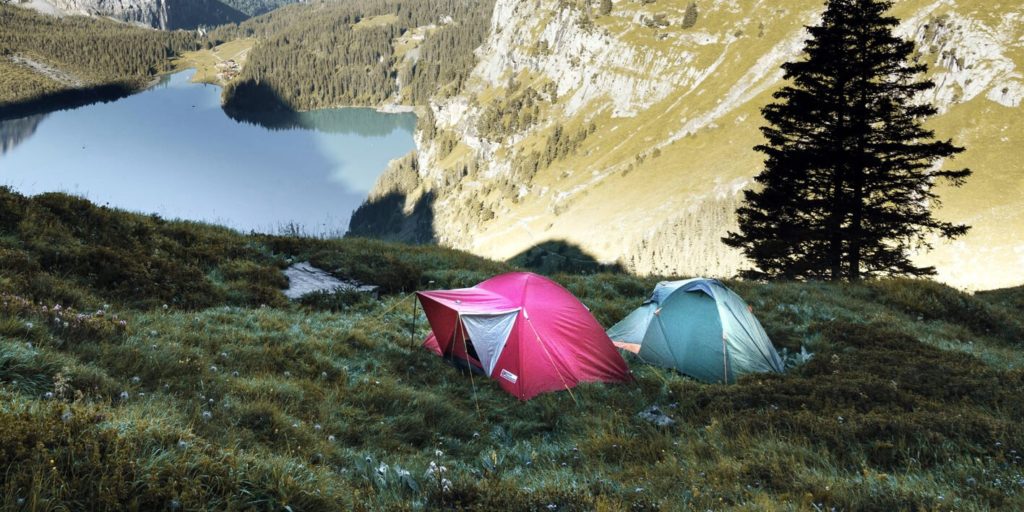As the weather brightens up, many families, couples and solo travellers hit the road for fun camping trips.
Image source: Pixabay
This is generally a good thing, but peak camping season does cause a lot of disruption to wildlife and their natural habitats, so it’s vital to make an effort to protect them. To help you do just that, let’s look at four common camping mistakes you should avoid, explaining how you can be respectful of wildlife while you enjoy camping trips:
Not keeping your distance
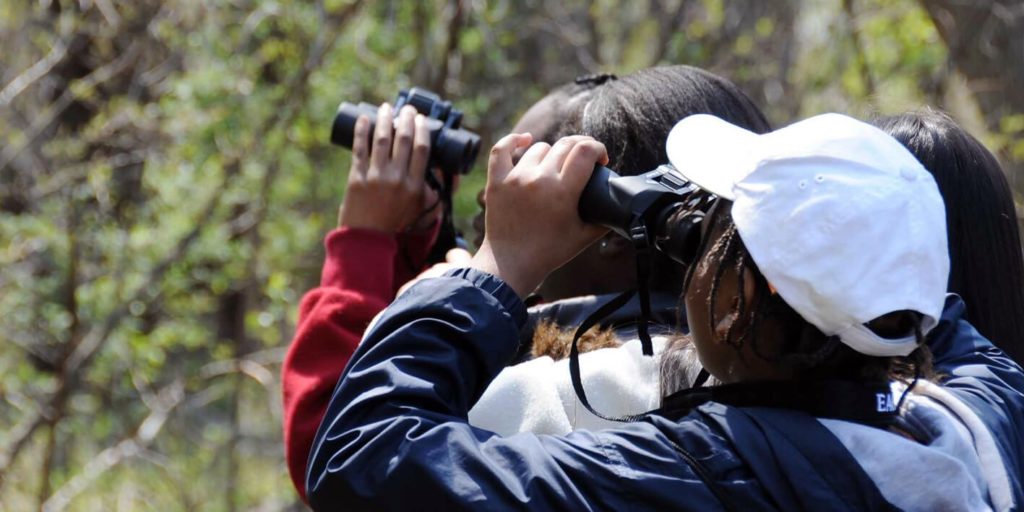
Image source: Wikimedia Commons
Camping is a great opportunity to explore new locations across the UK. Whether you’re by the coast or hiking across local peaks, you’re going to be surrounded by a whole range of amazing wildlife. It may be tempting to get closer than you usually would when you spot something amazing, but this can make animals feel threatened in their own habitat. Carrying a good pair of birdwatching binoculars will allow you to maintain your distance while observing wildlife, minimising your impact. Suitable pairs for adults and children alike are available at the RSPB store, so it’s worth checking them out.
Letting dogs run wild
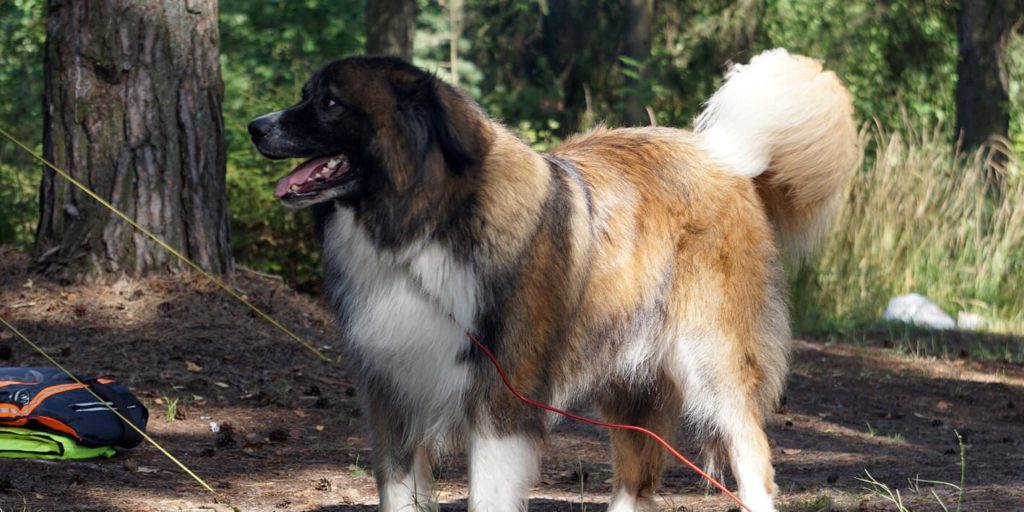
Image source: Pixabay
It’s only natural for your dog to want to run around, but you need to be mindful of where you let them off their leash. Dogs can scare animals, pull up rare flowers and generally disrupt wildlife. This doesn’t mean you shouldn’t bring them on your camping trip, of course — just that you need to be careful if you do. Be sure to double-check the rules of the area you’re visiting before you leave, though, as some protected areas don’t allow dogs at all.
Leaving rubbish around
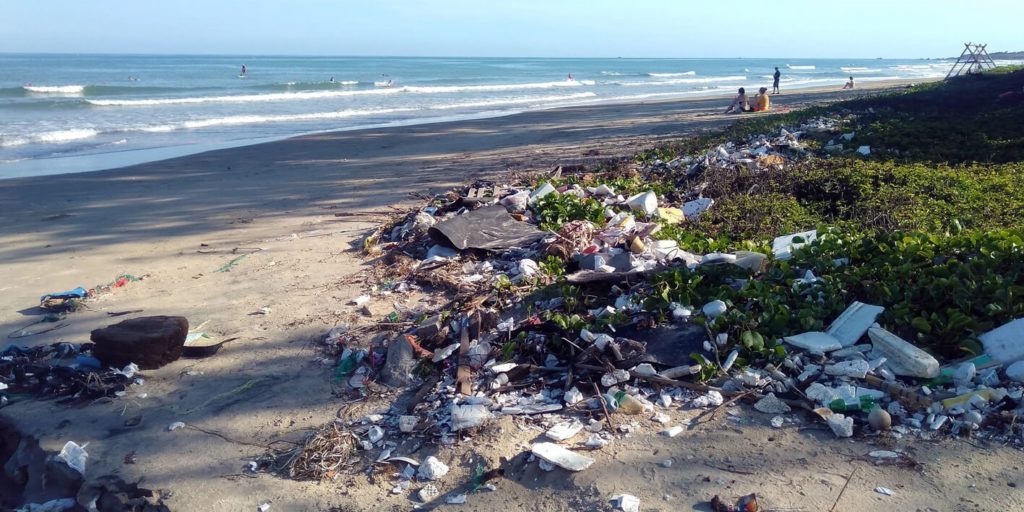
Image source: Pixabay
You should never leave litter or food around your campsite. Not only is it disrespectful to the campsite owner and other nearby campers, but it’s also bad for the animals that will end up rummaging through it and eating things they shouldn’t. Doing everything you can to deter animals from getting into your food and garbage will help keep them safe and healthy. After a cosy campfire meal, do a quick sweep around before you go to sleep and (of course) before you head home.
Exploring restricted areas
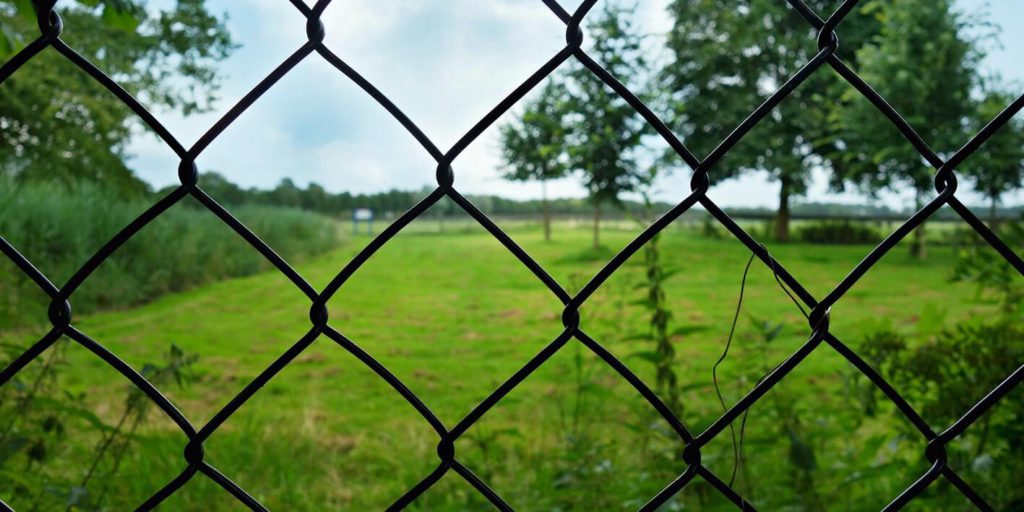
Image source: Pixabay
There are so many great spots where you can respectfully observe wildlife that there’s no excuse for trespassing. Why not head to a nearby beach for a spot of rockpooling? Or even visit a local sanctuary where you can put your binoculars to good use? Camping is the perfect option for those looking to get close to nature, but that isn’t an excuse to go anywhere and everywhere. Restricted areas are restricted for a reason.
Who knows what kind of wildlife you might see while camping? Just remember to respect the area you visit and you’ll have a great time spotting some of your favourite animals (and more).
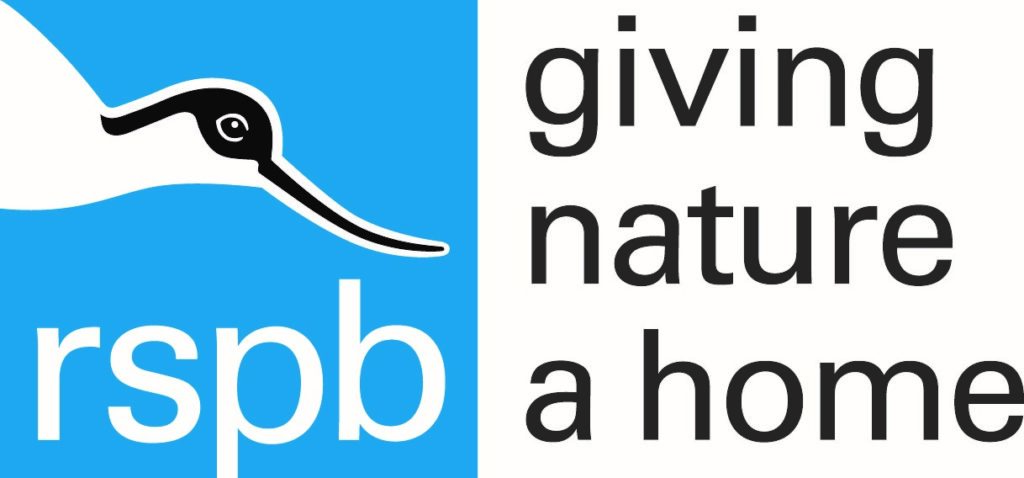
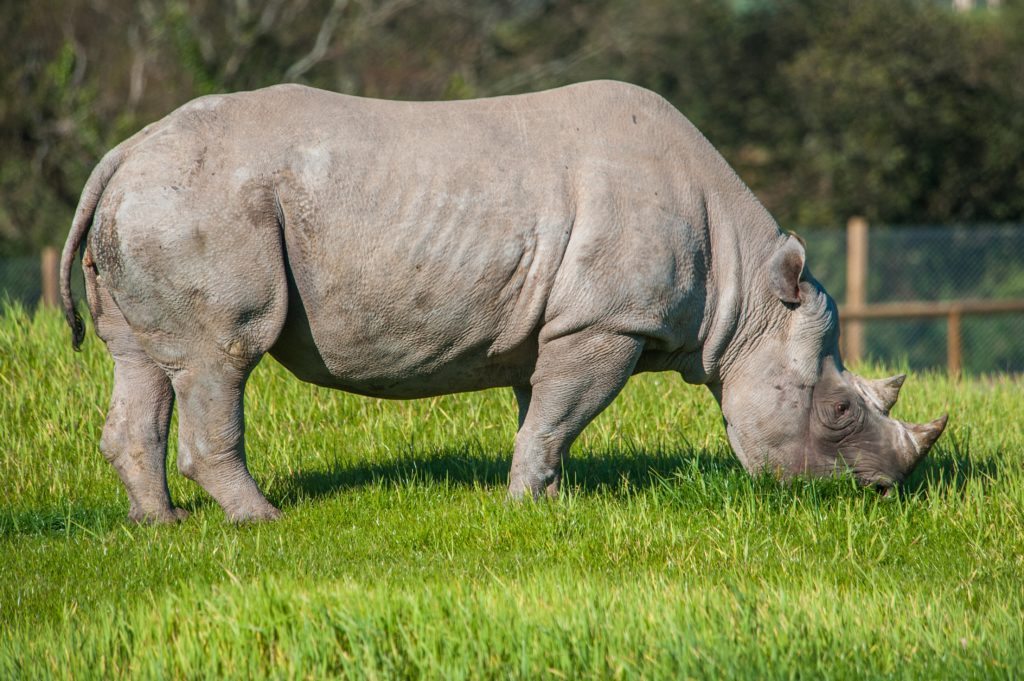
The wildlife you see whilst camping at Folly Farm may include a rhino!
